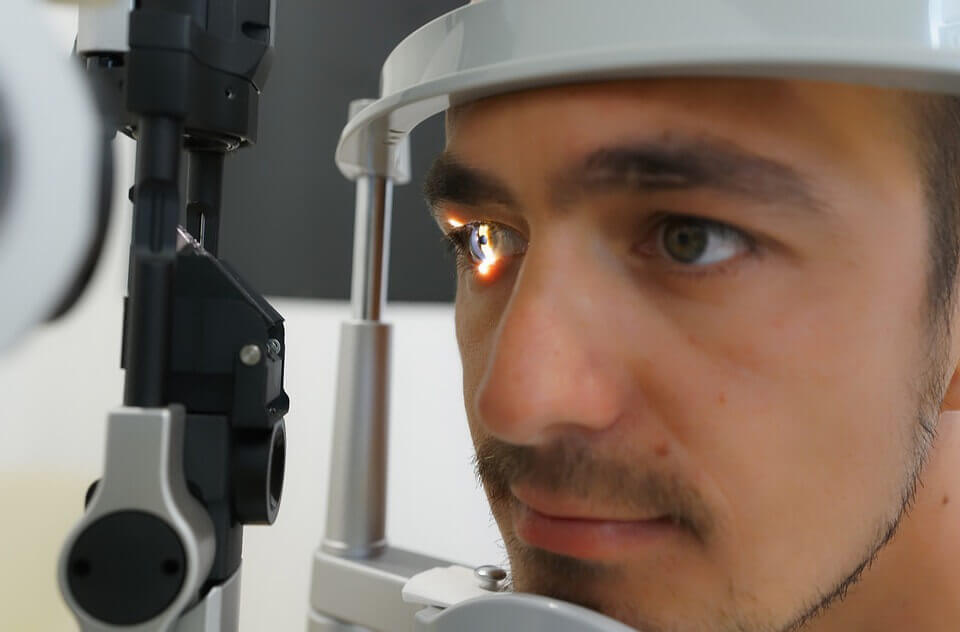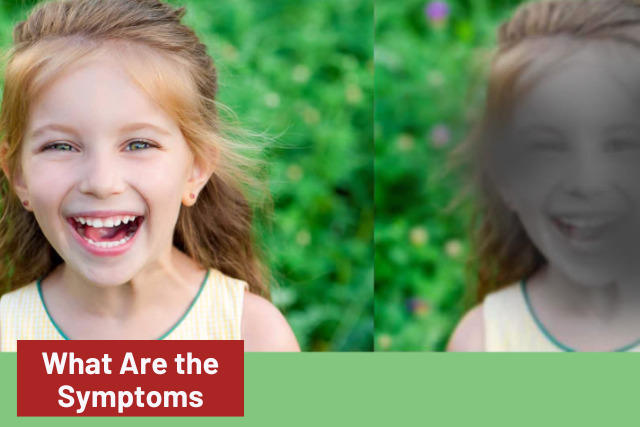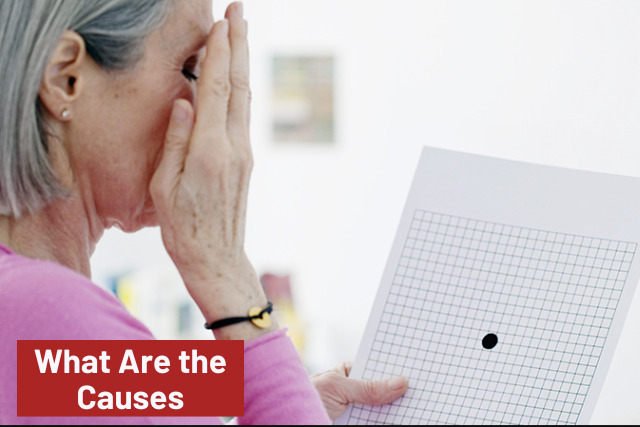
Macular Degeneration and Cataracts are eye conditions that share similar symptoms. Macular Degeneration risk increases with age, and one can have partial or complete vision loss and blurriness. So thats why you should know how to treat macular degeneration.
Opting for eye exams at regular intervals can help identify any progress in concern. During an eye exam, the eye specialist will conduct various tests that will check the condition of the retina.
The macula of the retina gets affected during macular degeneration and can get identified by such tests. Detecting the cloudiness of the lens leading to cataracts is also possible via an exam.
This article highlights various aspects of cataracts and macular degeneration with the risks associated.
What is Macular Degeneration- Symptoms, Causes, Risk & Treatments
What Are the Symptoms?

If you notice a change in your Macular Degeneration vision, you can reach out to a doctor. You will sense a change in vision, like thyroid eyes while reading a book, watching television, or driving. Evaluation of the eye condition via an eye exam becomes critical under such circumstances.
Macular Degeneration
Macular degeneration is an age-related concern that can aggravate as you age. There are two types of macular degeneration that can happen to a person – wet and dry. Dry is more common than wet.
Symptoms can depend on the progress of the condition. A sudden initiation can lead to a severe loss of vision. The following symptoms can occur in a patient irrespective of the type:
- Seeing wavy lines in place of the straight ones
- A blurred vision at the center
- Seeing blank spots
- Facing difficulty in vision under low light conditions
- Seeing fading colors
Cataracts
Cataracts are a condition that starts as a mild irregularity and becomes worse with time. Like Thyroid, Your vision can change due to cataracts with the following symptoms:
- Seeing fading colors
- Blurry or cloudy vision
- Loss of vision
- Facing difficulty in night vision
- Changing power of the glasses
- Facing difficulty looking at bright light sources
- Seeing double objects
What Are the Causes?

n Age is the prime contributor to macular degeneration. As you age, your eyes’ macula starts to wear down. However, it can aggravate under certain other conditions as well.
Cataracts
Although most cataracts are due to old age, there are instances of early age cataracts as well. The major reason for cataracts is the breakdown of the proteins that are the building blocks of the lens.
The cloudiness is due to the proteins. Vision loss can happen if cataracts become denser.
What Are the Risks?
Macular Degeneration
The risk factors that can increase age-related macular, according to the American Optometric Association:
- History of macular degeneration in the family
- Absence of exercises
- Exposure to excessive UV light
- Deficiency of nutrients
- Smoking
Cataracts
That risk of cataracts can increase in the event of:
- Taking steroids the present or the past
- Smoking
- Spending a lot of time under the sun
- Having diabetes
- Having a radiation treatment of the upper body, eyes surgery, or eye injury
- Drinking beyond permissible levels
What Are the Treatments?
Macular Degeneration
Reversing the effects of age-related macular not possible. However, some treatments can help slow down the process of vision loss due to macular and control the signs.
Cataracts
One of the most effective treatments for cataracts is to go for surgery. Apart from the surgery, numerous aids can help cope with low vision conditions.
During a cataract-removal surgery, the doctors remove the defective lens in your eyes and put in a new artificial lens. These are intraocular lenses.
Cataract surgeries are safe and routine procedures that any patient can take up. The process takes less than an hour, and after the surgery, the patient can walk back home.
90% of the people who undergo cataract surgery experience better vision. There are a few complications that can arise similar to any surgical procedure. These can include:
- Pain
- Bleeding
- Development of swelling due to fluid buildup, also known as edema
During the early stages of cataracts, a new pair of glasses or contact lenses can help to improve your vision. Doctors often recommend going through all available options before opting for surgery.
Therefore, as you can see, there are numerous similarities in age-related macular degeneration and cataracts. Both are chronic and lead to a change or a complete loss of vision.
There are many preventive measures that you can follow, including but not limited to avoiding smoking, opting for a balanced diet, and wearing protective eyewear.
Apart from these, it is also essential to undertake regular eye exams to understand the condition of your eyes.
